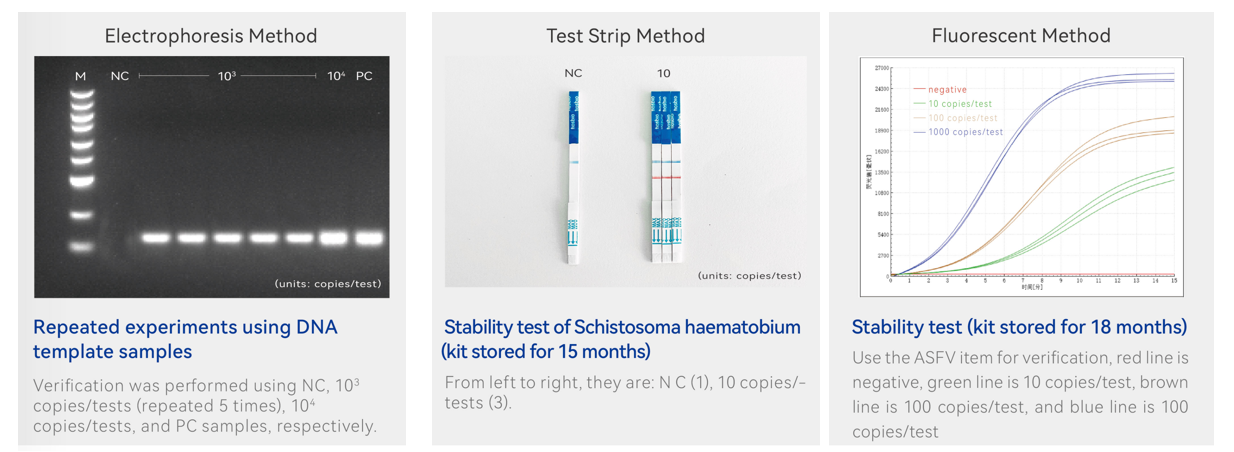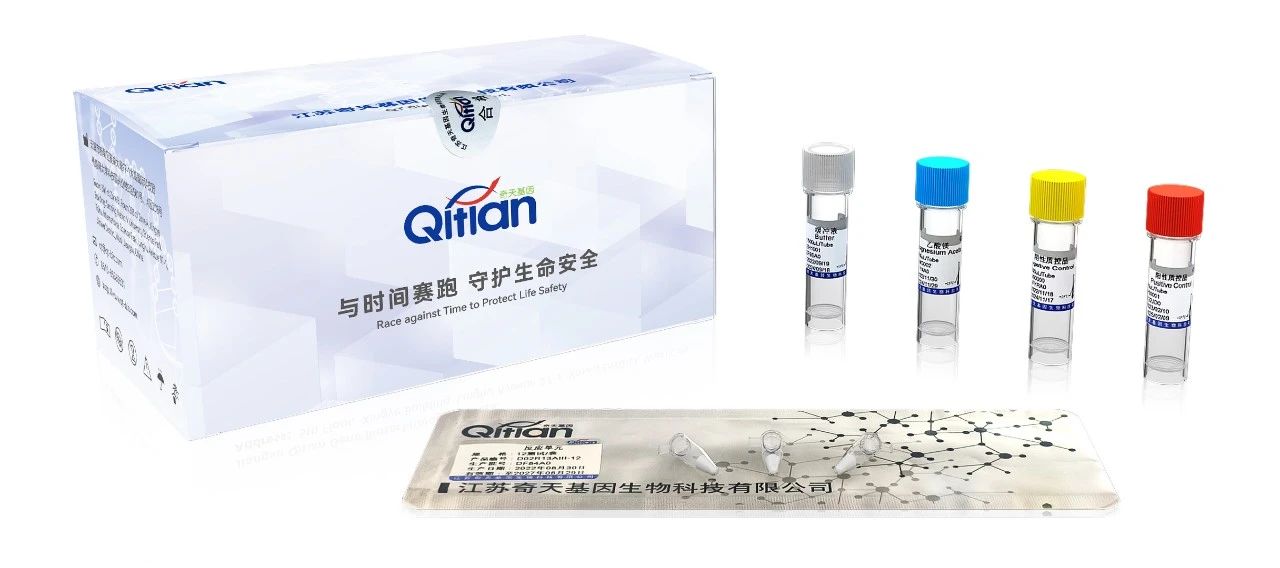
News Center
News and Development
Isothermal Amplification Breakthrough: RAA Platform Accelerates Chikungunya Virus Research
Release Time:
2025-07-25
Since 2025, Chikungunya virus (CHIKV) has shown exceptionally active spread in tropical regions. Although traditional RT-PCR offers high sensitivity, its >2-hour amplification cycle and heavy reliance on specialized equipment have created bottlenecks for research teams needing critical data during outbreaks. Field traceability studies are further constrained by cold-chain transport requirements and laboratory dependencies.
Epidemic Research Faces Timeliness Challenges
Since 2025, Chikungunya virus (CHIKV) has shown exceptionally active spread in tropical regions. Although traditional RT-PCR offers high sensitivity, its >2-hour amplification cycle and heavy reliance on specialized equipment have created bottlenecks for research teams needing critical data during outbreaks. Field traceability studies are further constrained by cold-chain transport requirements and laboratory dependencies.
Limitations of Current Detection Technologies:
- Virus Isolation: Time-consuming, labor-intensive, and incompatible with rapid screening
- Serological Diagnosis: Low sensitivity for early-stage infections, leading to missed cases
- RT-PCR: Requires expensive thermal cyclers and advanced labs; lacks portability
- RT-LAMP: Needs multiple primers and suffers from poor specificity
- NASBA: Lengthy 2-hour reaction time
Revolutionary Isothermal Amplification Technology
RAA technology, short for Recombinase Aided Amplification,is a technology that utilizes recombinase, single-stranded binding protein and DNA polymerase to perform nucleic acid amplification under isothermal conditions (the optimal temperature is 39℃).The specific principle is: Recombinases, single-stranded binding proteins, and primers form polymers to scan double-stranded DNA, unwind double-stranded DNA at sequences homologous to the primers, and single-stranded binding proteins (SSBS) bind to the untwisted single strand to prevent single-stranded DNA refolding. In the presence of
energy and dNTP, DNA polymerase completes the strand extension and repeats the process. The amplification can be detected by the instrument within 5-15 minutes.
Compatible detection methods include:
→ Electrophoresis Method
→ Test Strip Method
→ Fluorescent Method

RAA Scientifi Research Platform Kit:


RAA Research Platform Kit Features:
| Isothermal amplification | 39℃constant temperature (no thermal cycling) |
| High stability | Lyophilized format transport&store at room temperature |
| Rapid&convenient | 5-15 minute detection for field deployment |
| Efficient&sensitive | LoD: 10 copies/test (equivalent to qPCR) |
Academic Impact Validation
Supported by 190+ international journal publications:
| Representative Publications | Impact Factor |
|---|---|
| Evaluation of recombinase-based isothermal amplification assays for point-of-need detection of SARS-CoV-2 in resource-limited settings | 20.999 |
| A multi-country phase 2 study to evaluate the suitcase lab for rapid detection of SARS-CoV-2 in seven Sub-Saharan African countries:Lessons from the field | 14.481 |
Multiplex bacteria detection using one-pot CRISPR/Cas13a-based droplet microfluidics | 12.6 |
Certified Institutional Partners
✅ Sierra Leone-China Friendship Laboratory (Malaria Surveillance)
✅ CDC (Emerging Virus Screening Systems)
✅ Leipzig University, Germany
QT Biotech Co., Ltd.
Tel: +86-510-85385531
Mobile: +86-18921157475
Email: qt@qt-bio.com
Website: www.qt-bio.com
Address: No. 97, Xingye Building B, Linghu Avenue, Xiwu District, Wuxi City
Racing against time, guarding life safety

WeChat Account

Official Public Account

